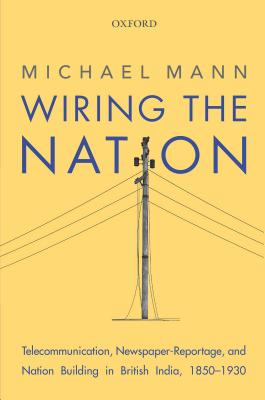Expedite your nonfiction book discovery process with Readara interviews, summaries and recommendations, Broaden your knowledge and gain insights from leading experts and scholars
In-depth, hour-long interviews with notable nonfiction authors, Gain new perspectives and ideas from the writer’s expertise and research, Valuable resource for readers and researchers
Optimize your book discovery process, Four-to eight-page summaries prepared by subject matter experts, Quickly review the book’s central messages and range of content
Books are handpicked covering a wide range of important categories and topics, Selected authors are subject experts, field professionals, or distinguished academics
Our editorial team includes books offering insights, unique views and researched-narratives in categories, Trade shows and book fairs, Book signings and in person author talks,Webinars and online events
Connect with editors and designers,Discover PR & marketing services providers, Source printers and related service providers

Wiring the Nation: Telecommunication, Newspaper-Reportage, and Nation Building in British India, 1850-1930
History > Asia - India & South Asia
- Oxford University Press, USA
- Hardcover
- 9780199472178
- 8.8 X 5.7 X 1 inches
- 1.1 pounds
- History > Asia - India & South Asia
- (Single Author) Asian American
- English
Readara.com
Book Description
In British India, after the Great Rebellion of 1857-8 and with the end of the Mughal dynasty, the concept of a shared cultural community was lost. In the decades that followed, telegraphically disseminated news played a leading role in shaping an all-India public sphere, in the process resurrecting the idea of a unified nation--an idea that formed the basis of the anti-colonial struggle launched soon after.
As Wiring the Nation traces the social, cultural, and political consequences of the telegraph in colonial India, this new mode of communication emerges not merely as a technological marvel, but also as a force with the power to influence the imagination of an entire nation.
Author Bio
Michael Mann has conducted research on various periods and issues in South Asian economic and social history from the eighteenth to the twentieth century. He has published numerous articles on environmental history. His research has recently expanded into the areas of urban history, urbanization and migration in the South Asian region. These investigations focus in part on questions of historiography.
His “Geschichte Indiens vom 18. bis zum 21. Jahrhundert,” published in 2005, has become a standard introductory text on its subject.
Since April 1, 2010, Professor Mann has headed the Department of South Asia Studies at Humboldt-Universität zu Berlin. He studied South Asian History, Medieval and Modern History, Indology and German Language and Literature at the Universität Heidelberg, where he earned his doctorate in 1992 with a dissertation on the agricultural and environmental history of northern India. For his thesis on the development of the British colonial government in Bengal, he obtained his postdoctoral qualification in 1999.
He has taught at the FernUniversität in Hagen, the South Asia Institute at Heidelberg, and the Global and European Institute of the Universität Leipzig. On a temporary basis in 2008/09, he held the professorship in Cultural Economic History at the Karl Jaspers Centre of the Universität Heidelberg.
Research Interests
- Telekommunikation und gesellschaftliche Transformation
- Stadt- und Urbanisierungsgeschichte
- Umweltgeschichte
- Geschichte der Geschichtsschreibung und Geschichtstheorien
- Migrations- und Arbeitsgeschichte
Source: Humboldt University, Berlin, Germany - Department of South Asian History and Society
Videos
No Videos
Community reviews
No Community reviews

